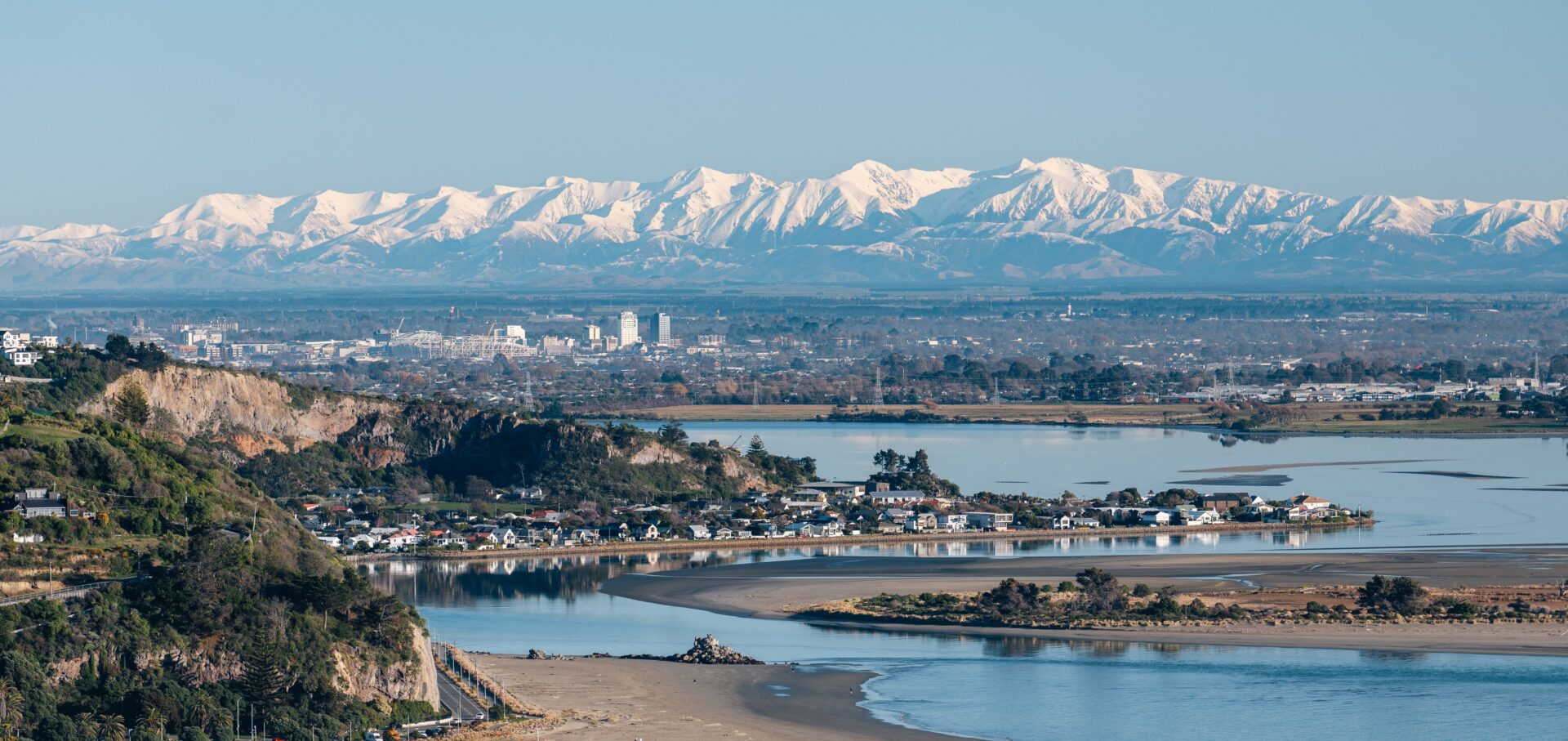Living Labs - HEALTH, WELLBEING, AND FUTURE GENERATIONS
Rangatahi (youth)- led Māra kai (food garden) and climate action
Location: Christchurch/ Ōtautahi
Date: Thursday, 16 October
Time: 9.30am – 12.30pm
Cost: $45
Maximum numbers: 40
Details: Depart Town Hall at 9.30am to visit the Māra kai before heading to the climate action campus, then returning by 12.30pm.
Leaders: Rangatahi from Te Pā o Rākaihautū
Rachel Cummins - Lead Learning Advisor at the Climate Action Campus Ōtautahi
 |  |
Te Pā o Rākaihautū is a whānau-based pā wānanga (community learning village) that integrates Mātauranga Māori (Māori knowledge) and cultural practices into its educational approach. In 2025, a group of Year 13 students won the Zayed Sustainability Prize 2025. The first part of this Living Lab took delegates on a 15 minute drive to Te Pā o Rākaihautū where they were welcomed and then shown around the Māra kai (food garden) led by the Rangatahi.
Delegates were then be taken to the nearby Climate Action Campus Ōtautahi which showcased an example of how climate change adaptation is vital in education, how programmes are provided for mostly school aged students, about the importance of food security, water and biodiversity in their daily lives. There are food forests which have been planted and cared for by students, multiple garden plots and tunnel houses, orchards, composting, bees, butterfly and skink habitats and syntropic agroforestry areas located on the original Avonside Girls High School site and red zone land. Delegates also saw the beautiful artwork around the campus which is a collaboration with the Christchurch City Council Graffiti team and multiple artists using art to express environmental messages plus numerous projects undertaken by students which reflect their willingness to take action and make changes for a better future.
Public Health Responses to a Changing Climate
Location: University of Otago Nursing Department, Christchurch
Date: Thursday, 16 October
Time: 9.30am – 11.30am
Cost: $25
Maximum numbers: 30
Details: Meet at Town Hall at 9.30am to walk to University of Otago Nursing Department
Leaders: Staff from National Public Health Service
 |  |
Climate change is both a global and local public health emergency, presenting an urgent threat and a powerful opportunity to advance planetary health and health equity. Public health units are uniquely positioned to prevent illness, promote wellbeing, and protect communities from climate-related risks. This Living Lab explored the critical role of public health in climate adaptation through examples from Waitaha Canterbury. Participants engaged with work undertaken by the National Public Health Service (NPHS) in collaboration with local and regional councils, key actors in building community resilience. This included exploring practical tools developed by NPHS to support councils in embedding health considerations into their climate planning and decision-making. The session also featured case studies on mosquito surveillance, illustrating how public health plays a critical role in preventing the spread of climate-sensitive vector-borne diseases such as Dengue Fever and Ross River Virus. The session showcased how public health can support and develop existing systems and partnerships, across sectors like transport and urban planning to strengthen climate resilience and preparedness. It invited participants to reflect on how public health can lead, support, and innovate in the face of a changing climate.
Key Dates
Early Bird Registration Closes
15 July 2025
Adaptation Futures Conference
13 - 16 October 2025
